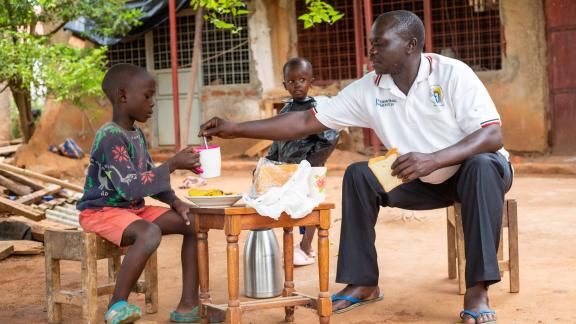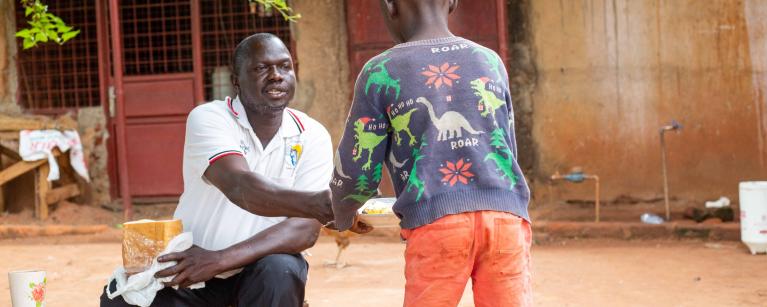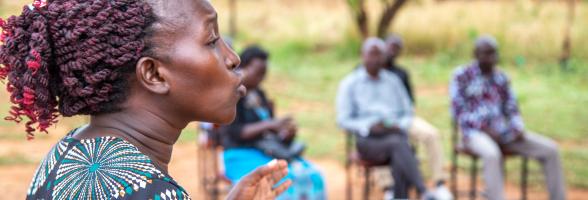I witnessed a big change after the UWONET women's leadership training in Lamwo.
Women were not involved in leadership, but female participation has greatly increased lately, especially in elections. If you compare the chairpersons in Lamwo with other neighbouring districts in the region, we have the highest number of female LC I chairpersons.
We didn't have directly elected female councillors but nowadays, Abera sub-county is represented by a female councillor. We call her the only “man” among women.
With the knowledge that we’ve gained, in the coming election in 2026, we are most likely to have more women in leadership.
From the start of their programmes, I have been fully involved in all UWONET engagements. It is important to have more women leaders. As the saying goes,
“"When you educate a girl, you educate a nation. When you empower a woman, you empower the family and the entirecommunity."”
The issues women discuss at the council meetings are about improving the household and the community. Unfortunately, based on statistics,
in a village of about 80 administrative units, 14 of them are women. This is an average of one administrative unit in a town council.
Much as we are advocating for women to be actively involved in leadership, some men discourage them from participating. We need to change their attitude.
Our women need to have some resources to effectively participate in elections. Our women lack assertiveness, some are shy, and cannot talk in public. Even those who are elected, lack debating skills in terms of data and statistics.
Women also suffer an inferiority complex brought about by their fellow women. When they stand for leadership; their fellow women bring them down. If we didn’t have this, women would have been President by now.
My hope for the future is to have balanced leadership at all administrative levels. Women are known to be sincere, hardworking and less corrupt. We need more women in leadership and that is what we have been deliberately advocating for.
This is something I learned during the trainings that have become a part of my life. If you visit my home, you’ll find that I help do most of the work.

Ochana having a meal with his children
There is nothing like “work for a woman” and I even cook when I need to, nurture the children and wash their clothes, and fetch water when it isn't there. I would consider myself a role model to other men in the community.

